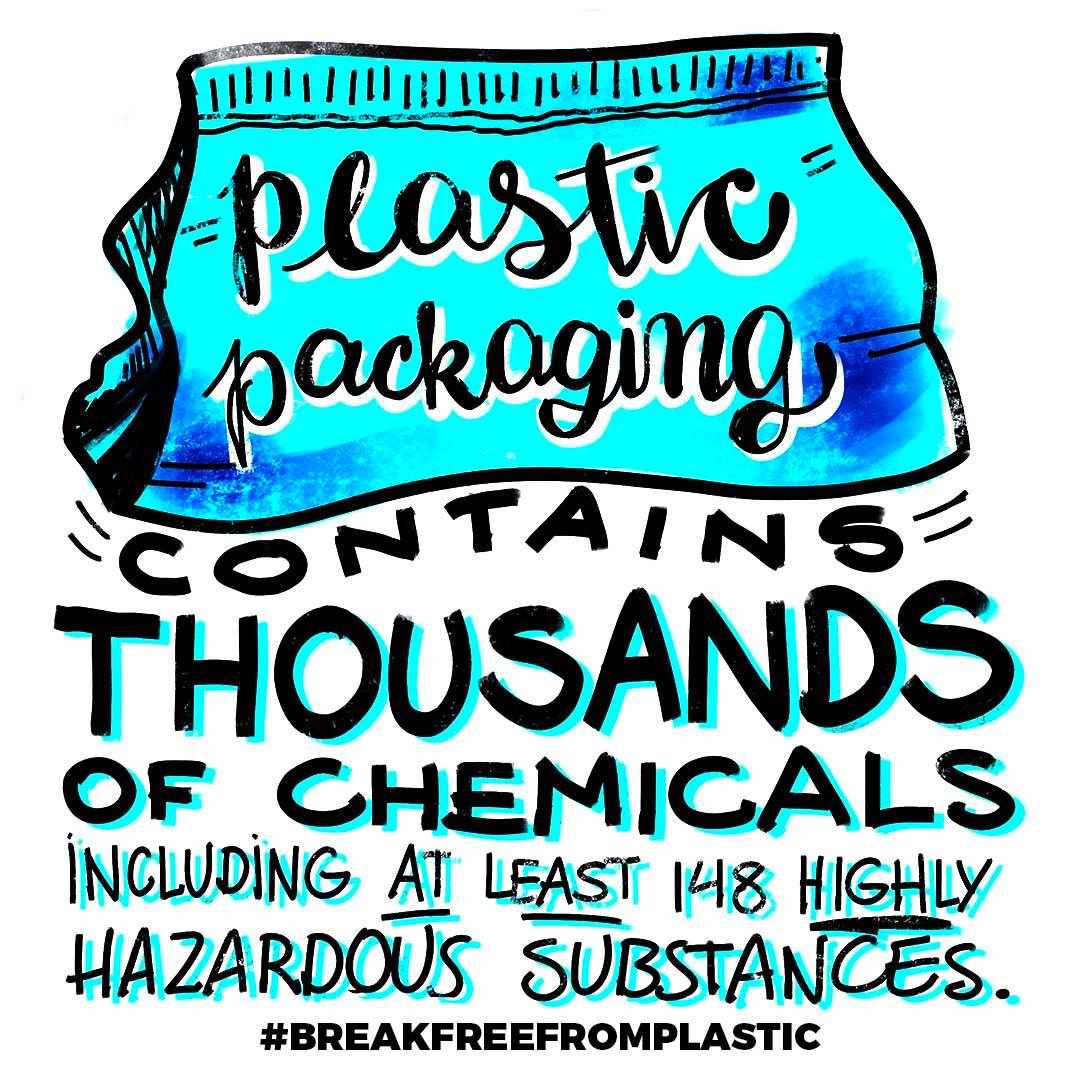Facilities like ITC’s are proposed for the Gulf Coast and Appalachia, thanks to an overabundance of fracking byproducts like those stored in the tanks that caught fire. As the Houston Chronicle reported, “Whether these fracking byproducts are used to make plastics or nail polish, these chemicals are known to cause adverse health impacts to people.” As noted by Houston-based community justice champion TEJAS, and confirmed by the Centers for Disease Control, “symptoms of acute exposure to naphtha may include irritation of the eyes, nose and throat, headaches, dizziness, nausea, and vomiting. High exposures can cause lightheadedness and fatigue while repeated exposure may cause damage to the nervous system and kidneys. Xylene exposure at high levels can lead to irritation of eyes, nose and throat; cause difficulties breathing; problems with lungs; delayed reaction times; memory difficulties; stomach discomfort and possibly changes in liver and kidneys. It can cause unconsciousness and even death at high levels.”
The Center for International Environmental Law Plastics and Health report documents these same chemicals are found in air surrounding fracking sites, where nearby communities have reported similar health impacts.
For coastal communities like Deer Park, health impacts are coupled with climate change impacts. Recent studies by NASA and others link the global spike in methane — a climate pollutant 86 times more powerful than carbon dioxide — with oil and gas production. We don’t yet know the long-term health impacts from Hurricane Harvey, and with state and federal officials declining full disclosure of its environmental impacts, we may never know.
With petrochemical infrastructure on the rise, we can expect more “Deer Parks” and even more undocumented impacts to fence-line communities not located adjacent to a major metropolitan area. That’s partially because our state regulator, the Texas Commission on Environmental Quality (TCEQ), protects the well-being of the oil and gas industry first, not Texas’ communities. TCEQ’s failures at ITC Deer Park, proven by its long list of unpunished environmental violations, suggest thousands more polluting facilities receiving the same (lack of) oversight.
The oil and gas industry is rapidly building petrochemical infrastructure to ensure continued fossil fuel dependency — as power and transportation electrify — just when we must make use of a very short window of opportunity to reduce greenhouse gases to prevent catastrophic climate change.
When will Texas start putting people over profit? Not yet. Next Wave Energy LP’s $600M Deer Park petrochemical facility was recently approved with tax incentives to boot, revenue that should benefit the community-at-risk is instead profiting the company. But state Sen. Judith Zaffirini has proposed a bill to help protect children from oil and gas production’s environmental risks. We need that enacted, but even if that happens (unlikely given our governor and legislative leaders), communities like Deer Park would be unprotected from petrochemical plants. To protect everyone we need comprehensive reform of state oil and gas oversight that puts Texas communities first. Soon thereafter, we need to transition to a renewable energy economy — the well-being of our neighbors, friends, families and future depends on it.




